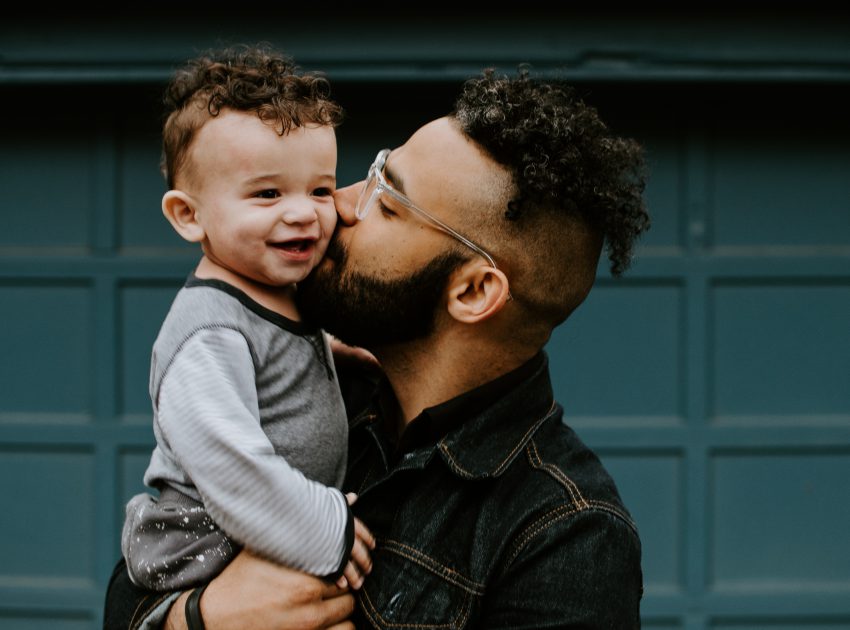I have recently been interested in the idea of theodicy, and as a survivor of childhood trauma and abuse[1] trying to find the meaning of suffering, if there even is one. I am currently working on a devotional book on reading Scripture through the lens of trauma. The study that I have done and the writing that has come out of it has been painful but healing at the same time.
Christians are, at times, too quick to try to find the redeem-ability in suffering. I believe this is a mistake that can simply lead the sufferer to a feeling of loneliness and isolation. I like to call this spiritual gaslighting, because it downplays the pain and the hurt that the individual is going through. In one of the devotions I wrote, I said:
I hate when people give answers about suffering by trying to redeem it. Suffering doesn’t need to be redeemed or understood as if it was under a microscope. In my own situation, people have tried to make sense of what was done to me and the painful parts of my life, but their attempts did not work. Instead, it made me confused and angry. When people do this, I have come to believe, it is not about them trying to make us feel better, rather it is about trying to make themselves feel better. It is a form of theological gaslighting that every pain we experience is for a purpose.
Coming to Terms
One of the weirdest realizations for people who grow up in unhealthy and toxic families is coming to terms that it is not normal. All families have some dysfunction. We cannot escape the existential reality of human brokenness, but some families are much more broken than others. The pain I felt in this slow realization was doubled, because I was adopted, which means that one family didn’t want me, while the other abused me.
It wasn’t until the pandemic that I realized how unhealthy my family was. My dad’s multiple affairs, the abuse, the fake terminal illness, the sexual abuse, the lies, etc. It took that tiny, unseen virus to show me that none of that was normal. That families are not supposed to do that to one another. That love is not conditional.
I have been no contact with my family since February 2021. It has been hard, but having a supportive wife and two wonderful children has made it a bit easier. I am beginning to heal from the years of trauma. I am still on that road to self-love and acceptance.
Grieving the Living
From mid-2022 on, I have been letting myself grieve. Mourning people who are still alive is a very bizarre feeling. The people I am mourning can still answer the phone or a text and I know where they live. They are not gone from this world. But I doubt that I will be able to reconcile with them before they leave it, especially since they do not think they did anything wrong.
I have also been grieving what could have been and what should have been. What would my life have been like if my parents could actually show love in a healthy way? What if I had a mentally healthy family that actually cared about who I am as a person? Or if I grew up in a home where love was unconditional instead of merit-based?
For these things, I mourn, I grieve, I cry.
Transforming Trauma
After some theological and psychological reflection, I have come to believe that suffering, in and of itself, is not redeemable. But redemption comes from what comes after. Sometimes that redemption is for us, but often it is for others. There is no chance of redeeming what happened to me. But if I can make a difference in a child’s life in a positive way, especially a child going through a transition such as foster care, then I believe that redemption becomes a reality.
I am using my gifts and experiences as a family recruiter and outreach coordinator for Adoption Connection, PA. It is a nonprofit, faith-based, LGBTQIA+ affirming foster care and adoption agency. My personal goal is to find loving and healthy homes for kids whose worlds have turned upside down. If I can recruit families that have the best interest of these children and youth in mind and make kids’ lives easier and life affirming, then I can say that there is redemption there.
If you would like to learn more about how to become a foster parent through Adoption Connection, PA, visit: www.adoptionconnectionpa.org
[1] What is laid out in this blog post is according to my perspective to which others may have differing ideas or recollections.
 The Rev. Chad Bogdewic ’10/’13 is a United Methodist pastor serving in extension ministry at Adoption Connection, PA, a foster care and adoption agency that serves 15 counties in Western Pennsylvania.
The Rev. Chad Bogdewic ’10/’13 is a United Methodist pastor serving in extension ministry at Adoption Connection, PA, a foster care and adoption agency that serves 15 counties in Western Pennsylvania.

